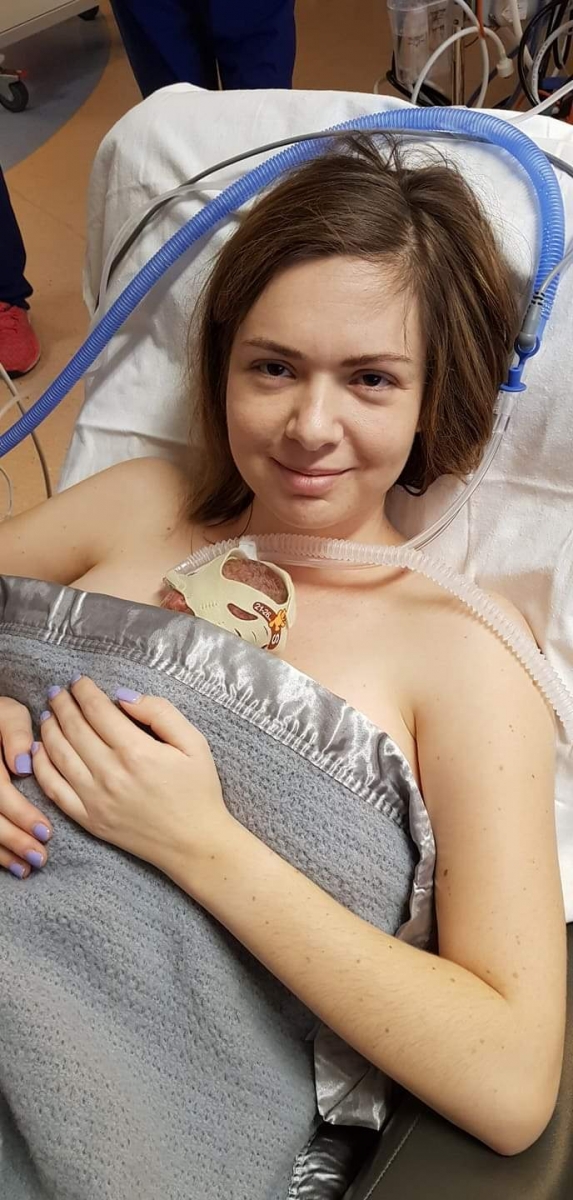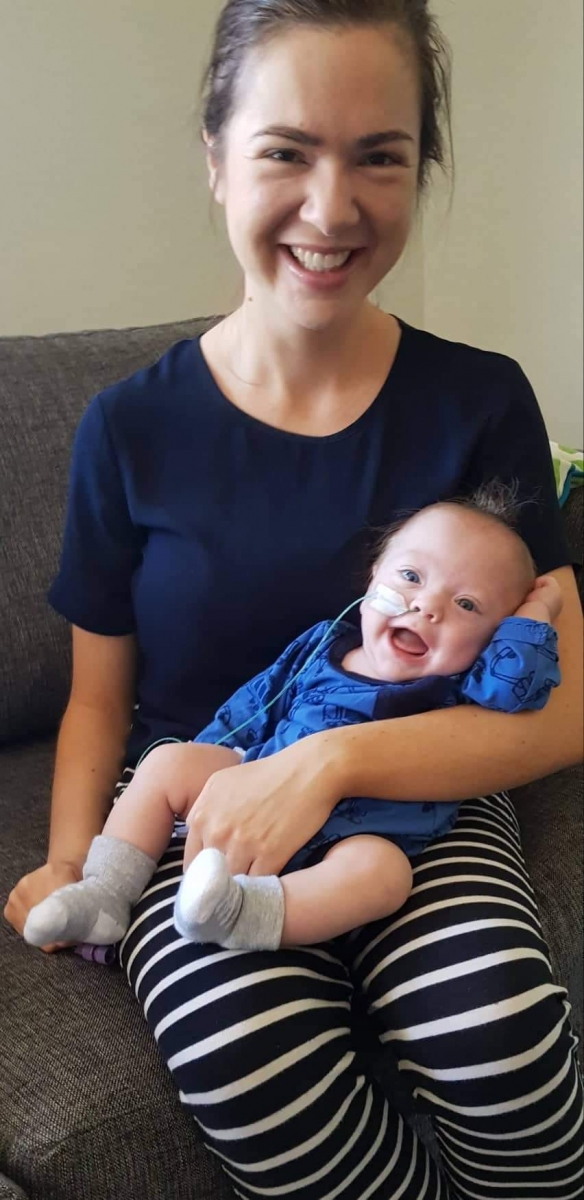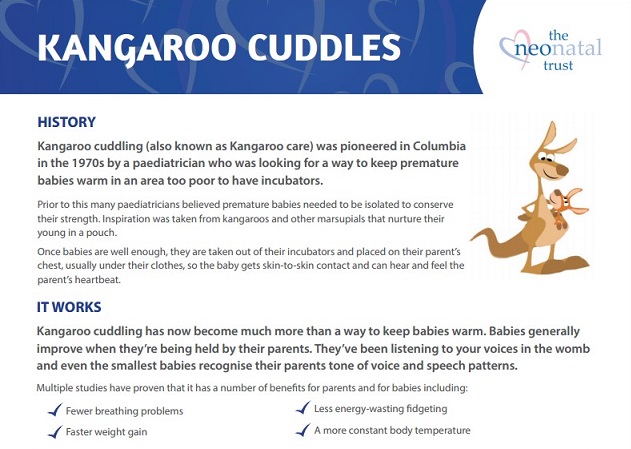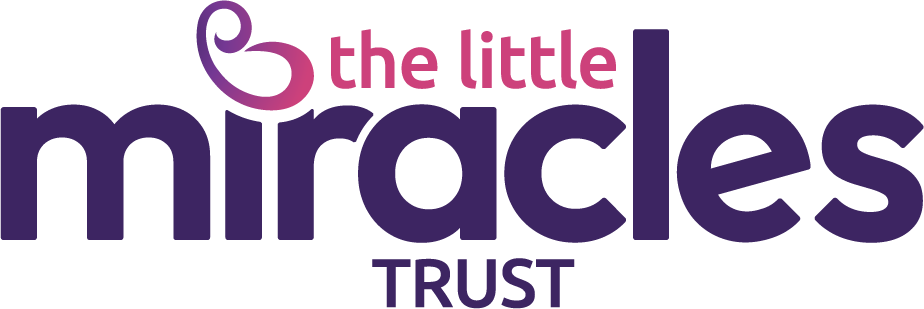As told by mum, Emma
Kia ora, I’m Emma an ordinary mama to an extraordinary baby born at 25weeks + 4 days. I’m going to share with you our journey, therefore, l should start by taking you back to the very beginning………..
When I was hapu with our son, I really enjoyed people looking at my bump and asking me about baby. I took being hapu so seriously… I believed that if I took good care of myself and our baby, I would never be able to blame myself if anything went wrong. My pregnancy was normal and my midwife was always happy with how things were going. Until things went dramatically sideways. At 25 weeks on a Monday morning I wasn’t feeling well and I got what felt like really bad period cramps. I called my ‘fill in’ midwife as mine was away and she said I needed to go to hospital to get checked out. I chose to believe the cramps were nothing actually serious, so I drove myself to hospital. Turns out after tests etc the cramps were officially termed as preterm labour. I was admitted into Christchurch Women’s Hospital and given nifedipine in the hope to slow labour and steroids to help develop baby’s lungs if he was to come early.
Christchurch Women’s Hospital and given nifedipine in the hope to slow labour and steroids to help develop baby’s lungs if he was to come early.
As the week progressed and labour got more intense, I was then hooked up to magnesium sulphate to minimize baby’s risk of brain damage and antibiotics to minimize baby getting an infection during delivery. I put all of my hope into modern day medicine and the power of hospital rest to get me home, still hapu and have a great story to tell the girls at work on Monday. Preterm labour couldn’t happen to me because I had the ‘perfect’ pregnancy, right? Unfortunately, on Friday morning my waters broke and I was then told our son was coming and there was nothing more that could be done. I began uncontrollably shaking, crying while writhing in the pains of active labour. I remember being told to push but not wanting to, hoping to keep him in my womb for that tiny bit longer. Things ramped up in the delivery suite and I had no choice but to push and our son was born minutes later. I remember the room feeling full of both NICU staff and midwifery staff.
After our son was worked on at the resuscitation table, he was taken away off to NICU for 116 long and painful days. The room cleared out completely, I was left lying there wondering what the hell just happened, scared, shocked and broken. My husband went with our baby and I started calling the whanau heartbroken from birth still lying on the birthing bed. In that moment I have never felt so alone in my life – the most traumatizing thing happens and everyone disappears. When I first saw my son in the delivery suite before they took him away, I definitely didn’t have that instant gushing love for him, I couldn’t even bring myself to touch his fragile body before he was whisked away in case the germs on my hands hurt him. I didn’t think he looked like a baby or even like he in anyway belonged to us. How could something like this happen? How could the most exciting time in our lives turn to the most frightening time in our lives or how could a time that’s meant to be full of life be shadowed by the fear of illness, disability and death? My husband returned from seeing our son and we sobbed for a long time in the birthing suite. After crying our eyes out, he wheeled me up to see our son fighting for survival in his incubator.
I remember the noise from the machines keeping him alive flipping me out, I remember knocking his incubator with my wheel chair by accident and absolutely losing it, I remember him crying and having no idea how to help him. I retained no information that day other than our son’s neonatologist saying she couldn’t promise us that we would be bringing our son home and that the next few days would be critical. No surprise she could not promise anything, our son was 790g and around 33cm long. He looked so vulnerable. The days went on from that day. Lots of tears, lots of self-blame. I knew deep down I didn’t cause this through any negligence, but the monster in my head liked to try and convince me otherwise.
There was also lots of joy during the first week, such as when our son first opened his eyes, when he put on weight after initially dropping down to 750g, when our bodies snuggled during skin on skin and when he calmed to the sound of my voice. However, our son deteriorated with his breathing after the first week resulting in me knowing more about breathing support than what I had ever thought I would. Our son was on oxygen for 82 days, doxapram 61 days and caffeine until he was 44 weeks old. He was intubated momentarily to be given surfactant after 4 attempts at delivery before being put onto CPAP. He was diagnosed with chronic lung disease but fortunately his is on the minor side. Our son’s major breathing concern was periodic breathing and oxygen desaturations. We saw him change colour several times in hospital, a scene no Mother is prepared for. The abnormal quickly became our normal.
Kangaroo cuddles were the very thing that helped my husband and I connect with our son and fall in love with him. There is nothing more incredible than the power of human connection, closeness and aroha. Kangaroo cuddles also helped stabilize our baby’s breathing, helped my milk supply and helped me to relax in the NICU. Additionally, singing waiata and nursery rhymes to our baby helped me to turn my focus away from other people, the alarms and mechanical beeping and on the beauty, courageousness and zest of our baby.
Initially I was too scared to take our son out of his incubator and always asked a nurse to place him on me, I knew he needed me but the tubes sticking out of his tiny body literally scared me. One day, the NICU physiotherapist helped me learn to care for our son and carry him out of his incubator and onto my chest myself. This support helped my relationship with our son and empowered me as his Mama.

Leaving our son every day was an indescribable loss. The most natural thing in the world is a mother and baby being together so to leave him really messed with my head. In the evenings, while at home I would cry, be irritable and feel an emotional fatigue like no other. It broke our hearts. My husband and I struggled immensely with our lack of control. When you have a baby at home you can control who cares for your baby, the lighting, the noise, how your baby is swaddled and soothed and you can be with your baby as much as you choose to. In NICU you can’t control the mama sitting a few meters away coughing, the nurses loudly laughing and talking over your baby’s incubator, how your baby is soothed over night or if your favourite nurses get to care for your baby. This was a very hard adjustment to make mentally. The lack of control angered me at times.
They say having a baby go through NICU is a roller-coaster ride. This is something that I came to understand very well. There were lots of positives such as trailing high flow, good weight gains, tolerating feeds, more alertness, good results from physio assessments, good eye test results, however, these positives were all too often outshone by negatives such as oedema, anaemia requiring a few blood transfusions, protein deficiency, potassium deficiency, zinc deficiency, the diagnosis of a heart condition, oxygen desaturations requiring emergency oxygen and ongoing use of doxapram and infection scares. The negatives felt like emotional uppercuts. However, as the days unfolded the roller-coaster ride lessened in intensity and the positives overshadowed the negatives.
As a micro premmie, there were a lot of health concerns our son was at risk of including brain bleeds, blindness, deafness, sepsis, hernias, intubation due to significant respiratory distress, skin injuries, NEC, feeding issues and chronic lung disease. Our son managed to avoid all of these in NICU other than feeding issues and chronic lung disease. Our son’s feeding journey is ongoing. There are a lot of unknowns still ahead for us, such as physical and cognitive development delays, emotional dysregulation and sensory sensitivities. Therefore, being 100% at ease is something that I constantly need to work on. Saying that, we are supported by early intervention every week to support our son in these areas.
After 116 days of NICU our son came home with the support of outreach nurses. In NICU he received treatment for jaundice, oedema, multiple deficiencies, poor weight gain, rapid weight gain, 3 blood transfusions, treatment for GERD, periodic breathing and desaturations. He came home with a diagnosis of pulmonary stenosis which is a heart condition, a feeding tube, specialized formula for a milk protein allergy, medicines for GERD and caffeine with an apnoea monitor until he was 44 weeks gestation. So far, he is meeting his corrected age milestones, loves teddy bears, toys, snuggles, kisses, nappy free time and being curious about the world he lives in. He continues to struggle with reflux and having enough stamina for a full oral feeds.
Although our start was painful, we love and appreciate our son so much. I admire his courage, his resilience and his ability to fight to be in our lives. I admire people that dedicate their careers to keep these little people in our world, literally a bunch of heroes and life savers. Little people are far stronger than what I have ever given them credit for. Modern science and medicine are phenomenal and the power of love and connection is what pieces it all together.
*** Thanks for sharing your story Emma ***
We get a lot of positive feedback from families in a neonatal unit who read these stories and feel strength, hope and positivity knowing that they are not alone going through these experiences and feeling certain emotions.
If you would like to discuss sharing the story of your neonatal journey, we’d love to hear from you. Please email info@littlemiraclestrust.org.nz
Interested in how The Little Miracles Trust supports families going through the stress and anxiety of a neonatal journey?
Here’s a gallery of support examples.
********************************************************************************************
Support resources
 In the story above, Emma wrote about having Kangaroo Care. This is one of the things parents can do to help bond with their baby whilst in the unit.
In the story above, Emma wrote about having Kangaroo Care. This is one of the things parents can do to help bond with their baby whilst in the unit.
You can read more about Kangaroo Cuddles and how it helps on this page

